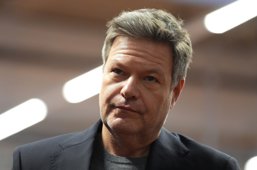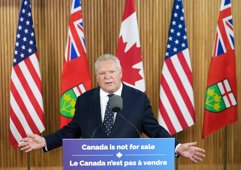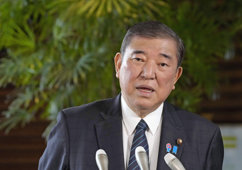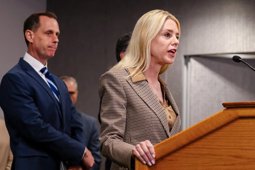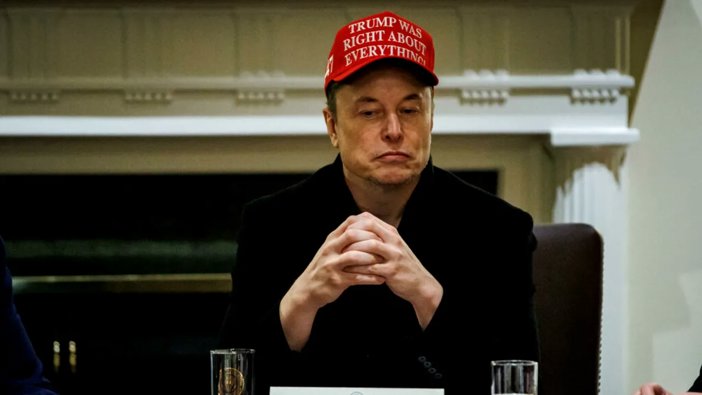
Musk Briefs CIA on DOGE Reforms
Elon Musk, head of the United States Department of Government Efficiency (DOGE), visited the CIA headquarters on Monday to discuss measures aimed at improving government operations. According to CIA Director of Public Affairs Liz Lyons, the meeting focused on DOGE's findings and how they could be applied to enhance efficiency at the Central Intelligence Agency.
During the meeting, CIA Director John Ratcliffe highlighted the importance of using taxpayer dollars wisely and ensuring that expenditures align with the agency’s core mission of national defense. The session also included CIA Deputy Director Michael Ellis and several senior career officials from the agency.
Musk reportedly briefed Ratcliffe on the insights DOGE has gathered from other government departments and how those lessons could be thoughtfully applied within the CIA. The discussion reflected the growing push within the federal government to streamline operations, reduce waste, and enhance interagency coordination.
Technology was another focal point of the meeting. While the CIA welcomed collaboration on process improvements, a source noted that DOGE will not have access to the CIA’s internal databases or secure systems, owing to the classified nature of the agency’s work.
According to Axios, the CIA already has an internal DOGE team composed of career officials who have been working on related initiatives for several weeks. This internal task force is reportedly tasked with identifying opportunities to align with DOGE's broader government-wide efficiency goals, while maintaining operational security.
The visit underscores the Trump administration’s commitment to reshaping federal operations through strategic reforms led by DOGE. Musk’s role has been pivotal in bringing private-sector efficiency models into federal frameworks, though the agency-level execution varies based on mission sensitivity.
While no immediate policy changes were announced, the exchange between Musk and CIA leadership signals a continued effort to apply data-driven efficiency standards across even the most guarded government institutions.



